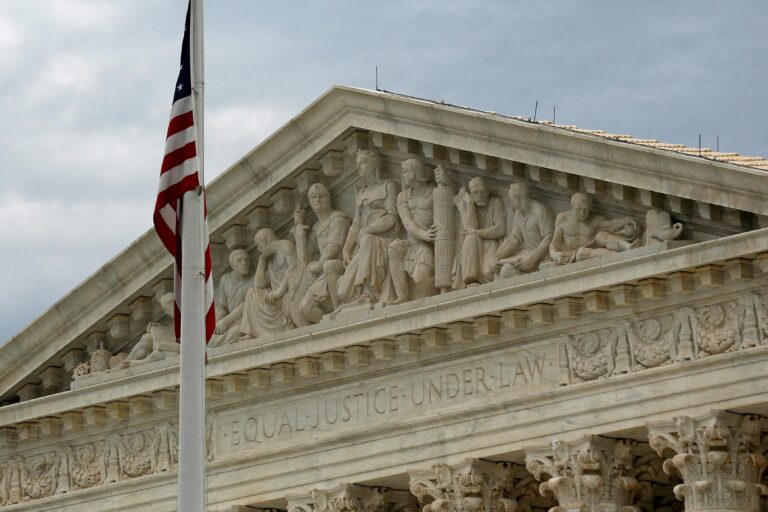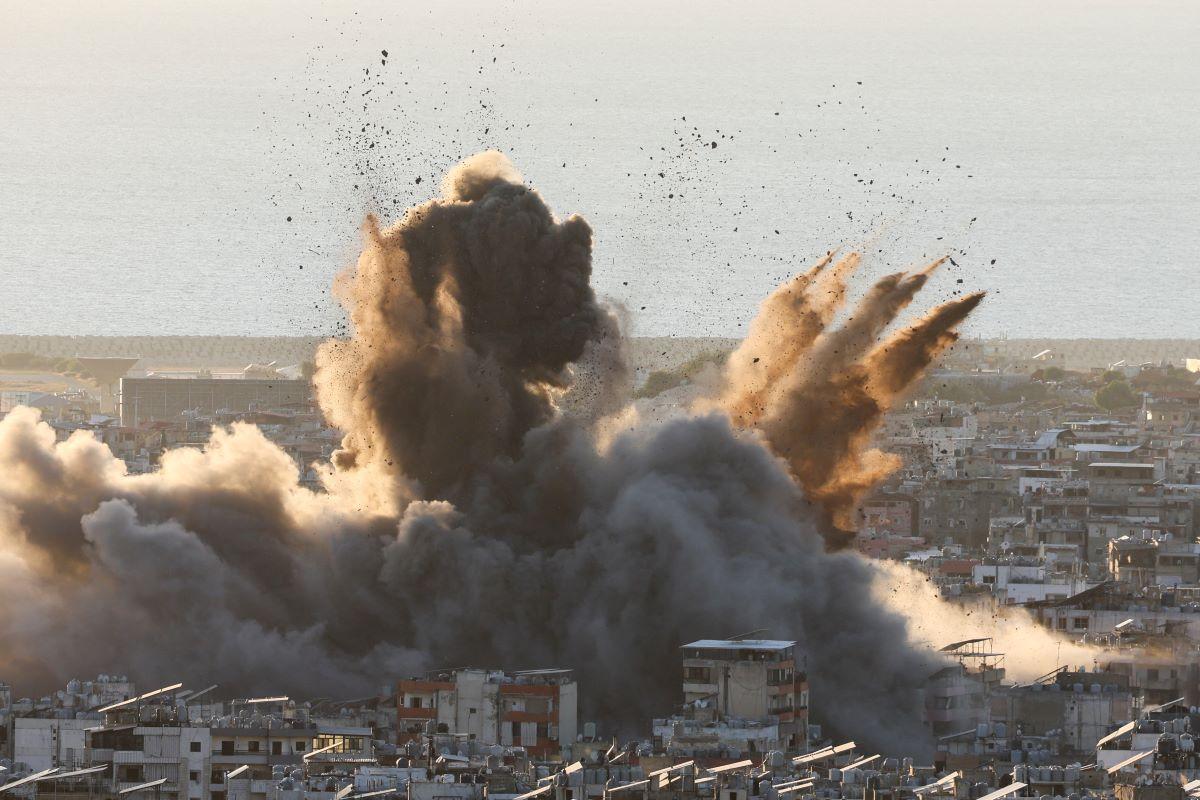In a tense situation, Israel launched airstrikes on Saturday in southern Beirut, targeting what it claimed were Hezbollah weapons facilities. This came after Hezbollah fired rockets into northern Israel and allegedly sent a drone towards Prime Minister Benjamin Netanyahu’s holiday home, which he called a serious attack.
Although Netanyahu wasn’t at his home during the drone incident, he expressed that it was a dangerous mistake by Hezbollah, which he described as an ally of Iran. He warned that Israel is ready to respond after a recent missile attack from Iran.
In Gaza, where fighting has continued against Hamas for over a year, Israeli airstrikes reportedly resulted in over 100 deaths. Hopes for a ceasefire dimmed following the death of Hamas leader Yahya Sinwar earlier this week, as both Israel and Hamas promised to keep fighting.
Israeli aircraft dropped leaflets in Gaza showing Sinwar and declaring that Hamas would no longer rule the area. Later strikes in Gaza led to at least 73 fatalities, with ongoing investigations into the exact numbers.
In Beirut, heavy strikes created smoke clouds over the city. Israel urged residents to evacuate certain neighborhoods before carrying out the attacks, which have led many to flee the area.
Earlier that day, Israeli strikes also killed several people on Lebanon’s main highway and in the Bekaa valley. The conflict between Israel and Hezbollah has escalated since the war with Hamas began last October, with both sides exchanging attacks.
Since October, over 2,400 people have died in Lebanon, while 59 have died in northern Israel. The ongoing conflict has led to a humanitarian crisis in Gaza, with many residents displaced and in desperate need of aid.
Western leaders believe the recent developments might provide an opportunity for peace talks, but discussions have stalled. U.S. Secretary of State Antony Blinken is expected to visit Israel soon as part of ongoing diplomatic efforts.

















